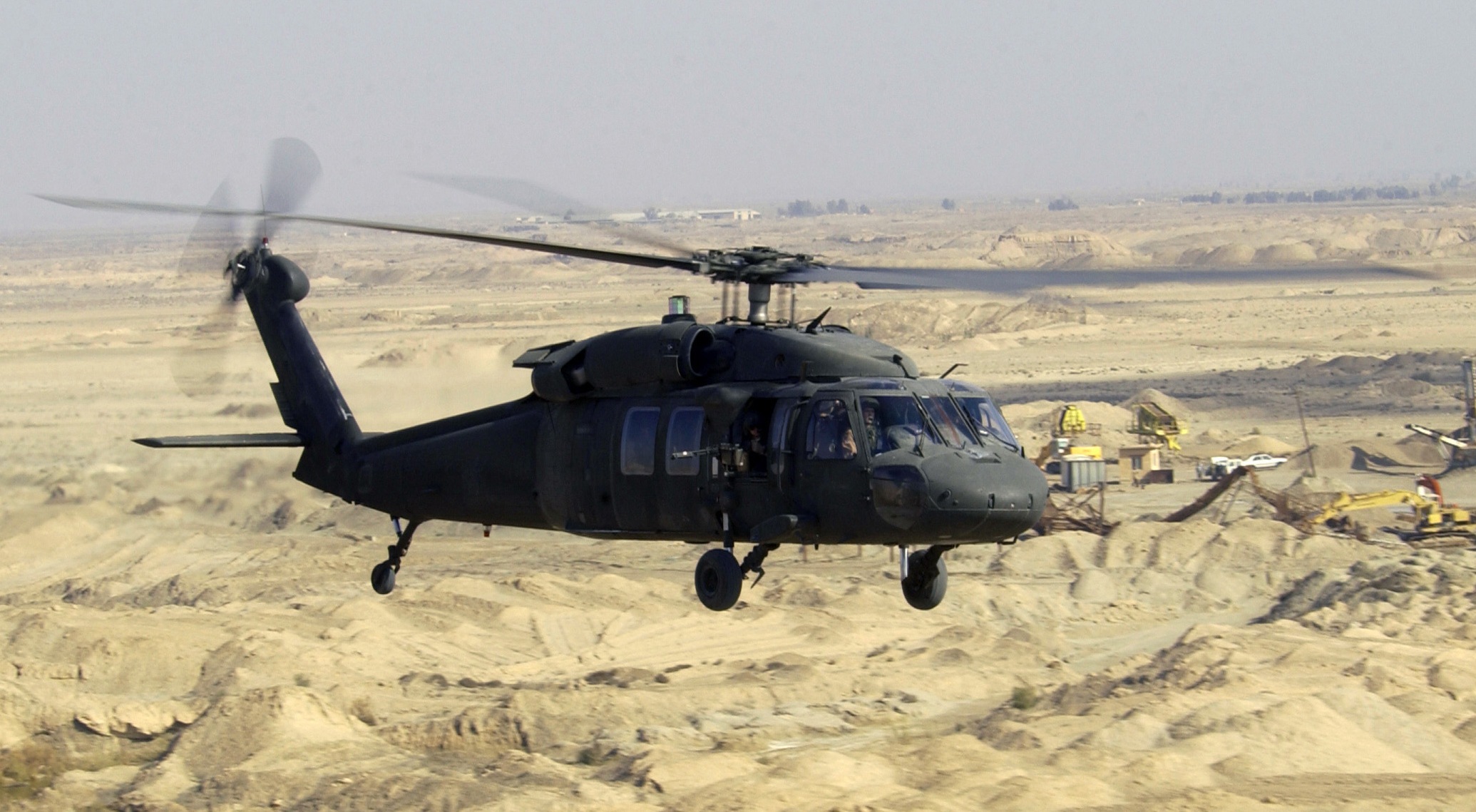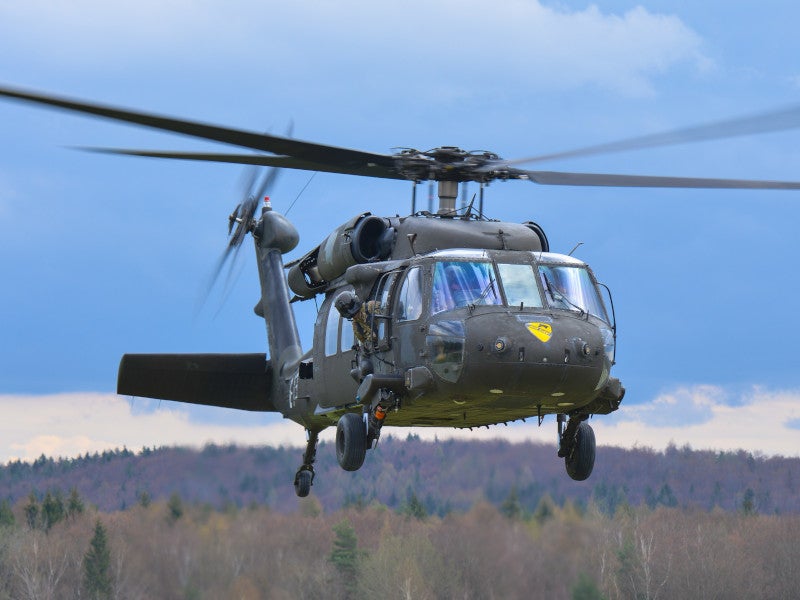UH 60 Black Hawk Helicopter Versions and Their Usages
UH 60 Black Hawk Helicopter Versions and Their Usages
Blog Article
The Duty of Aircraft fit Worldwide Transportation and Trade Dynamics
The evolution of airplane has indelibly changed international transport and trade dynamics, promoting unmatched levels of connection and effectiveness. Through the establishment of durable air freight networks, organizations can now navigate worldwide markets with impressive rate and dexterity, consequently redefining supply chain strategies. This improvement is not without its difficulties, as the air travel market grapples with sustainability problems and governing pressures. As we explore the multifaceted impacts of airplane on international profession, it is important to take into consideration exactly how these elements will form the future landscape of aeronautics and its function in the economic climate.

Advancement of Air Transportation
The development of air transport has been marked by considerable technical advancements and developments that have transformed the method people and goods move across the globe. From the Wright brothers' first powered flight in 1903 to the growth of supersonic jets, each turning point has highlighted the ruthless pursuit of efficiency and speed in air travel.
The latter part of the 20th century experienced the appearance of business air travel as a feasible mode of transport, defined by the introduction of jet engines, which transformed air travel by considerably lowering flight times. Additionally, innovations in navigating and interaction modern technologies have actually improved functional performance and security, enabling for even more complicated flight courses and timetables. The surge of air freight in parallel with passenger services has further highlighted the adaptability of aeronautics. As we aim to the future, arising innovations such as independent and electrical aircraft pledge to redefine the air transport landscape, guaranteeing ongoing advancement and adaptation to international needs.
Impact on Global Trade
Air transport has actually profoundly reshaped global trade by promoting the swift motion of items across substantial ranges. This expedited logistics capability permits businesses to respond rapidly to market needs, thereby improving supply chain performance. The ability to carry subject to spoiling products, high-value items, and time-sensitive products has actually opened up new markets and chances for numerous industries, substantially influencing trade patterns.
Moreover, the advancement of air freight networks has fostered globalization, making it possible for firms to resource products and items from different components of the globe seamlessly. This interconnectedness minimizes preparations and costs, allowing companies to stay competitive in an increasingly worldwide marketplace. Furthermore, air transport plays a critical function in e-commerce, where customer assumptions for rapid delivery have actually driven a surge in demand for air cargo solutions.
The impact of aircraft on global trade extends to the creation of strategic trade paths, linking regions and promoting global collaborations. Nations that purchase air transportation framework often experience enhanced financial development and raised international direct investment. Overall, the development of air transportation has not only transformed the logistics landscape but has also come to be a vital component in the characteristics of international trade.

Financial Advantages of Aviation
A robust aviation market generates substantial economic advantages, contributing to work production, tourist, and general financial growth - uh 60. The aviation sector supports countless jobs around the world, ranging from straight employment in airport terminals and airlines to indirect functions in fields such as hospitality, transport, and logistics. According to industry reports, for every single work in the aviation market, about 3.5 additional work are created in the broader economic climate
Tourist is a pivotal element of the economic advantages stemmed from aviation. Flight helps with worldwide tourist, permitting vacationers to explore diverse destinations, which in turn stimulates local economic situations. Nations that spend in their aeronautics facilities usually experience raised tourist arrivals, resulting in higher spending on services such as destinations, resorts, and dining establishments.

In addition, air travel enhances international connectivity, making it possible for organizations to access new markets and sources effectively. As an outcome, sectors such as ecommerce and manufacturing advantage greatly from trusted air transport, more driving economic development.
Challenges Encountering the Aviation Market
Browsing a complicated landscape of regulatory, ecological, and economic difficulties, the aeronautics industry deals with considerable hurdles that threaten its sustainability and development. Rules surrounding safety and security and security are continuously evolving, requiring recurring conformity and adaptation from suppliers and airlines (uh 60). This can result in boosted operational expenses and source allocation that diminishes advancement and expansion efforts
Furthermore, environmental problems have actually become critical, with expanding analysis over carbon emissions and noise contamination. The market is under pressure to take on greener practices and technologies, which commonly need substantial financial investment in r & d. Balancing these environmental responsibilities with the demand for air traveling provides a substantial obstacle.
Financial fluctuations, such as rising fuel prices and geopolitical uncertainties, additionally make complex the landscape. Airlines often come to grips with volatile operating costs and varying passenger demand, which can impact earnings and lasting preparation. Labor lacks and skill gaps in vital locations add one more layer of complexity, hindering functional performance.
Eventually, attending to these complex obstacles is crucial for the aeronautics market to preserve its pivotal duty in international transportation and trade, while making sure strength and versatility in an increasingly affordable market.
Future Patterns in Air Travel
Shifting and arising innovations customer preferences are poised to improve the future of air travel dramatically. here are the findings The combination of expert system and artificial intelligence is expected to improve operational effectiveness, streamline airport terminal processes, and enhance client service. Anticipating analytics will assist in more exact demand forecasting, permitting airlines to maximize trip schedules and prices versions.
Sustainability is ending up being a vital chauffeur in flight, with the aviation market increasingly concentrated on lowering carbon emissions. Advancements in airplane design, such as hybrid and electrical propulsion systems, are being explored to meet environmental targets. In addition, the adoption of lasting aviation fuels (SAFs) is expected to play a critical duty in accomplishing net-zero exhausts by 2050.
Customer choices are changing towards personalized travel experiences. Airlines are buying sophisticated data analytics to tailor solutions and boost consumer involvement, ensuring a more customized journey from booking find more to arrival. Additionally, the increase of remote work may result in boosted need for recreation traveling, as people look for to combine work and holiday.
Verdict
Finally, airplane dramatically affect worldwide transport and trade characteristics by promoting rapid activity and boosting supply chain efficiency. The evolution of air transport has transformed global trade, yielding significant financial benefits while additionally presenting challenges that call for critical monitoring. Future fads suggest a continued dependence check over here on aeronautics for commerce, underscoring its indispensable role in globalization and financial growth. The continuous adaptation of the aeronautics market will be crucial for maintaining its contributions to the global economic situation.
The latter component of the 20th century saw the development of industrial aviation as a viable mode of transportation, characterized by the intro of jet engines, which revolutionized air traveling by considerably decreasing trip times. The rise of air cargo in parallel with guest services has better underscored the flexibility of air travel. Additionally, air transportation plays an essential function in shopping, where consumer expectations for quick distribution have driven a surge in demand for air freight solutions.
Overall, the development of air transport has not just changed the logistics landscape yet has additionally become a crucial part in the characteristics of worldwide trade.
Sustainability is ending up being a crucial vehicle driver in air traveling, with the aviation industry increasingly focused on minimizing carbon discharges.
Report this page